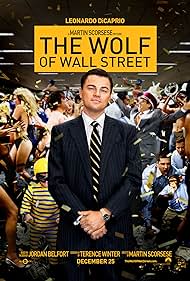Three Christs Soundtrack (2017)

Buy on Amazon Play and download Soundtracks
Tres Jesucristos
Lo stato della mente
State of Mind
Three Christs
Üç Mesih
Three Christs
Synopsis
1959. Lured away from a career in academia, psychotherapist Dr. Alan Stone, hired by Dr. Bill Rogers, has just started a job at the Ypsilanti State Hospital to work with delusional patients, accepting it on the promise that he be able to treat them in a more humane and what he hopes effective way than the typical institutional interventions of frontal lobotomies, insulin to induce comas, other placating drugs, and electroshock therapy.
Coincidentally stumbling upon a first and then a second both at the hospital, therefore searching for any others in the Michigan mental health institutional system resulting in a third, he decides to conduct a research study on paranoid schizophrenics who believe they are really Jesus Christ, the research despite or perhaps in light of his own non-religious background and belief.
In receiving the somewhat reluctant and skeptical approval from the hospital's Superintendent Dr. Eldrich Orbus, he is able to bring together and house the "Three Christs" - Joseph Cassel, Clyde Benson and Leon Gabor - each who manifests his belief in a very different way from the other two, in a separate ward away from the general patient population, with the understanding that they are his patients under his direct care, with no one else authorized to administer any treatment, especially the most oft used electroshock, without his approval.
Beyond Dr. Stone dealing with the three very different men in needing to view them both individually and as a collective, the research study is affected by: the presence of his young, attractive research assistant Becky Henderson, who accepted the job for ulterior motives, and who, as a further consequence, unwittingly throws a wrench into his personal life in the reaction to her by his wife, Ruth Stone; and the ongoing conflicts with Dr. Orbus, who really wants nothing to do with the study, that is unless it garners any positive publicity for the hospital and thus himself.
In the process, Dr. Stone will have to evaluate his own methods, namely if he is crossing the line of ethics, and if he, like his patients, is acting like God.













